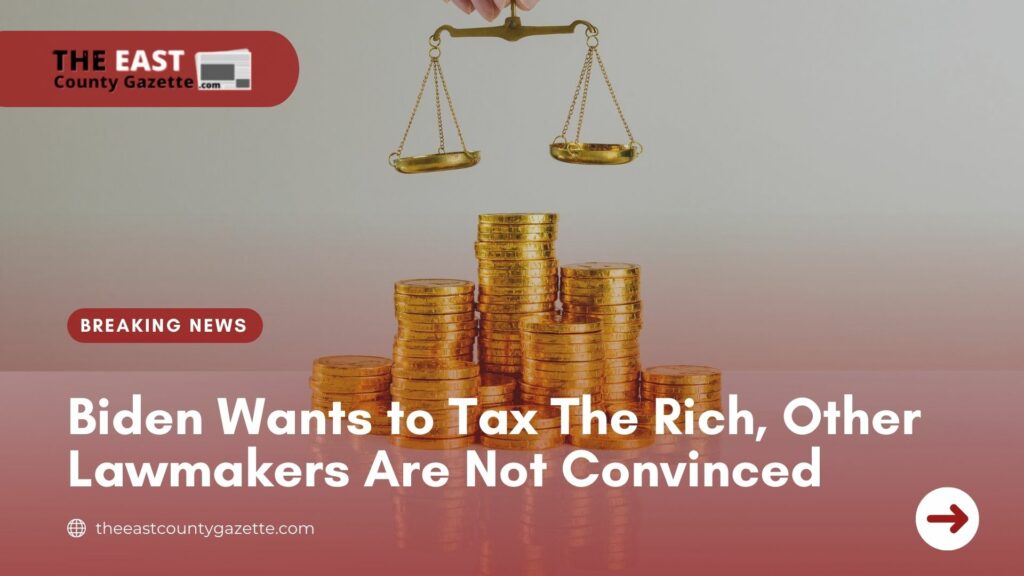Biden wants to tax the rich, but it’s difficult for him to get support on the White House floor.
He has proposed more than $3 trillion worth of revenue increases, (primarily through higher taxes for corporations and the country’s richest households as well as greater IRS enforcement that would target the wealthy), although key lawmakers warned against this provision.
They worried about the size and possible impacts on the economy as congressional committees considered the measures and a wide array of business groups sifted through the details to highlight what they oppose.
According to reports, under Biden’s initial proposal, changes to corporate taxes would raise roughly $2 trillion over a decade with about 70% of that sum coming from putting the corporate rate at 28% and revising a global minimum tax on profits.
An additional $755 billion would come from higher individual taxes on the wealthiest Americans, including an increase to the rate charged on profits from the sale of capital assets such as stocks or real estate.
Increased enforcement by the IRS would yield roughly $460 billion. But according to a Treasury Department analysis, that figure would grow to $1.6 trillion in the following decade as more IRS employees were fully trained, one of the key arguments for saying that the budget would be fiscally responsible.
Recommended Read: Unclaimed Tax Refunds! Does the Government Owe You Money?
It seems that this issue has found Democrats splitting hairs as many older Democrats and those from more conservative areas fear that voters will penalize them if taxes increase by too much, even if Biden and advocacy groups push the argument that voters are now rejecting Reagan-ism and will reward Democrats for raising taxes on companies and the wealthy.
During the 1984 presidential election against Ronald Reagan nearly four decades ago, many voters expressed dissent against the tax increases imposed during this time.
Frank Clemente, executive director of the advocacy group Americans for Tax Fairness, said “We’re in a generational struggle within the Democratic Party. We’re in a very different era, and these Democrats haven’t caught up with the era we’re in.”
“At the end of the day, in my mind, what we are trying to do is to restore the faith of the American people that their government can work for them, not just for lobbyists on Capitol Hill or the big money interests. And we are going to prevail,” said Bernie Sanders, an independent politician from Vermont.

